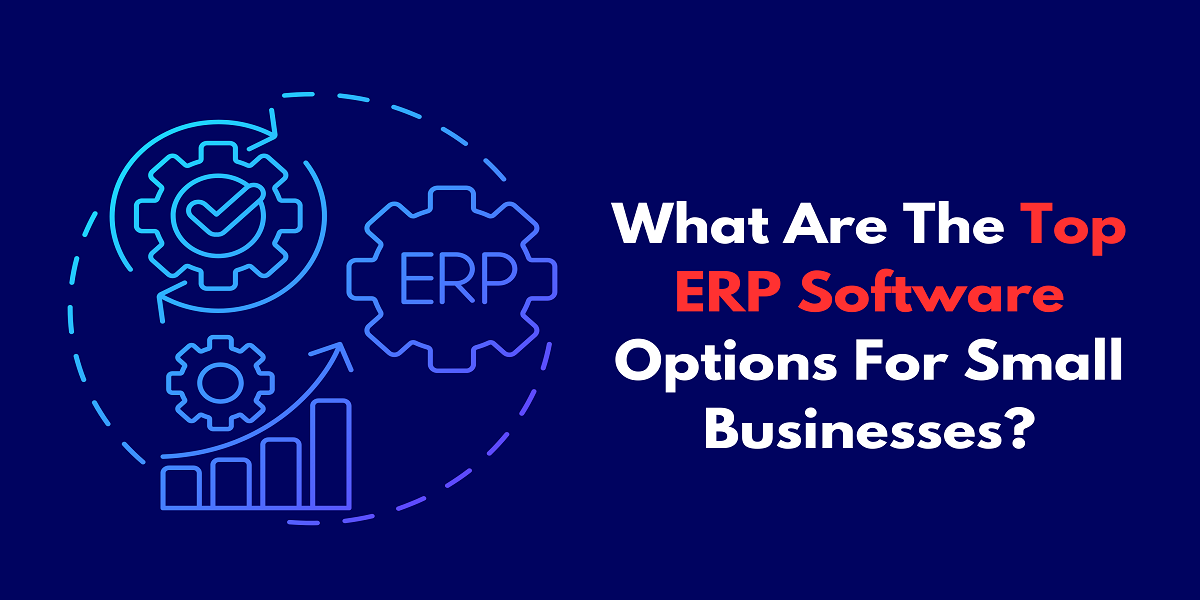Transform Your Business: The Magic Behind Power Apps

Well, now think about creating your custom applications for your company, let alone you don’t have to have a vast IT department or lots of money in your pocket here. PowerApps is all that and for this, it is known as one of the strongest bearings in the technological world today. It is a system that is very easy to use and which may allow people within the company to develop solutions in the form of apps to address your company’s needs.
PowerApps is designed to enable organizations and their teams to do more at the same level of efficiency by minimizing the workload of certain tasks. It’s the end of efficiency and more work done whereby no typical app development challenges will happen. For companies looking to leverage the power of Power Apps, they can turn to providers like Techovarya, which offers Power Apps Development and Consulting Services to help organizations build custom solutions tailored to their specific requirements.
What is Power Apps
Power Apps refers to apps, services, connectors, and data platforms from Microsoft to enable users to create powerful enterprise apps with minimal coding experience. Some key things to know about Power Apps:
- It's a low-code/no-code development platform for creating custom apps that can run on the web, and mobile devices, and even be embedded into Teams, SharePoint, etc.
- It allows apps to be built by dragging and dropping components using a visual interface, with little to no code needed for many app scenarios.
- Apps connect to data sources like SharePoint, Microsoft Dataverse, SQL Server, online services, and more using pre-built connectors.
- It provides AI capabilities like text/image recognition, form processing, and predictive models that can be integrated into apps.
- Apps can have full offline capabilities on phones/tablets for mobile scenarios.
- Professional developers can extend apps deeper using the Power Apps component framework and coding.
- Power Apps is part of the Microsoft Power Platform, along with Power Automate for workflow automation and Power BI for data analytics.
That is the reason why Power Apps are supposed to provide a simple method for teams to create conventional business apps based on their business data and processes without having to involve extensive app development procedures. It is the between the excessive vertical apps developed by the developers and basic single-use productivity apps.
Why are Power Apps important?
It is an important tool for several reasons:
- Accelerated app development: They can easily develop applications using Power Apps since it has an interface for those who do not know how to code, with icons and pre-built templates. This can greatly enhance the speed, at which an app is being programmed as compared to the typical coding methodologies.
- Citizen developer empowerment: Power Apps brings low-code app development to the masses – it’s an application that allows power users or anyone without programming skills to create a custom solution that will solve problems within their organization without having to involve full-time, professional developers all the time.
- Integration with Microsoft ecosystem: It connects well with other Microsoft tools like Office 365, Dynamics 365, Azure, SharePoint, and others, creating the capability of utilizing data and functions from these other tools in their applications.
- Cost-effective solution: Due to comparatively low demands on the original coding and the professional developers’ assistance, Power Apps can rather become a useful tool for companies, particularly SMEs, who do not want to spend much money on developing unique application templates.
- Rapid prototyping and iteration: Power Apps provides an easy way to come up with and improve applications without having to write new code from scratch since it allows the creation of mock-ups and testing of the design based on user feedback or even new requirements that turn up.
- Mobile accessibility: Power Apps help to develop apps friendly to mobile devices; it helps organizations to produce solutions that will fit in mobile devices such as smartphones and tablets making them mobile solutions and improving productivity.
Power Apps can help organizations in several ways:
1. Streamline Business Processes:
- Power Apps enables companies to construct apps that help fulfill business goals, simplify activities, and enhance productivity across the organization for tasks including data input, request and approval processes, assignment management, and reporting.
- The achievement of significant cost-savings through minimizing manual work, thereby allowing more time for important tasks to be accomplished, and the overall enhancement of organizational productivity.
2. Enhance Productivity:
- Power App applications are useful in enhancing employees’ performance because many of the investigations, research, tools, or bits of information they require for the success of their endeavors can be made accessible to them through these applications.
- The ideas include; mobile accessibility that allows employees to tackle their work and retrieve information through the applications in a mobile and efficient manner.
3. Foster Innovation:
- Power Apps is an effective tool for implementing many applications by so-called ‘citizen developers,’ relevant stakeholders without IT background knowledge, which can support innovative ideas and solutions in an organization.
- It also allows employees to build and test new models and ideas in a short timeframe and gain reinforcement and feedback for constant improvement.
4. Improve Data Accessibility and Insights:
- The Power Apps has an option for connected data sources that as SharePoint, Excel, SQL, server, and other cloud services accessible data from different systems.
- This explanation revolves around the idea that large amounts of data from various sources should be integrated into a unified whole to create meaningful insights and make better decisions.
5. Facilitate Collaboration and Knowledge Sharing:
- Power Apps applications can be shared within the organization and it is useful to promote knowledge sharing between various staff of an organization, or different departments that make an organization.
- This allows different employees to participate in the enhancement of the application, and this will well encourage commitment from everyone.
6. Reduce IT Backlog:
- Using Power Apps, citizen developers can help in some scenarios become the backbone of IT departments by creating their solutions; this will help in the reduction of the huge backlog of IT projects with non-technical users, thus creating space for IT professionals to attend to more complex issues.
7. Ensure Compliance and Governance:
- The application provides strong provisions for the governance and security of the applications and all the data that it makes available to the users.
- BYOD facilitates data governance by allowing the administrators the options of setting access rights, usage rights, and rights to enforce policies.
8. Integrate with Existing Systems:
- Power Apps works well with other Microsoft products & services, as well as with third-party software and applications, which means that organizations can fully leverage existing products & data assets.
- Through the integration of Power Apps, business functions can be advanced, innovations may be encouraged, and crucial data can be made more easily accessible and usable by the persons who need it most, who are then able to find and implement the necessary solutions on their own.
How companies are using Power Apps?
Many businesses in diverse sectors are using Power Apps today to develop specific solutions that can automate processes, and workflows as well as improve the performance of companies and industries. Here are some examples of how companies are using Power Apps:
Here are some examples of how companies are using Power Apps:
- Field Service and Inspections
- Employee Onboarding and Training
- Inventory Management
- Customer Relationship Management (CRM)
- Project Management
- Facility Management
- Healthcare
- Education
- Event Management
- Internal Tools and Processes
Here are some essential skills required for Power Apps
- Understanding of business processes and requirements
- Data modeling and integration
- User experience (UX) design
- Formula and expression writing
- Automation and workflow development
- Security and governance
- Collaboration and communication
What is the future of power app?
The future appears to be positive for Power Apps while using it as a low-code application development tool. Power Apps is an application that helps both the Panuma employee coders and the professional coders who have to build a new business application from the ground up with the least knowledge of coding.
Since companies today aim at going ‘Digital’ and want to automate one process or the other, the use of Power Apps is likely to increase. Recently, Microsoft has been constantly improving Power Apps as a service adding new features and integrations with other services in the Microsoft environment, as well as Power Apps are widely implemented in different industries and solutions.
Hyperlink InfoSystem - Most Trusted End-to-End development Solution Provider.
Write For Us





